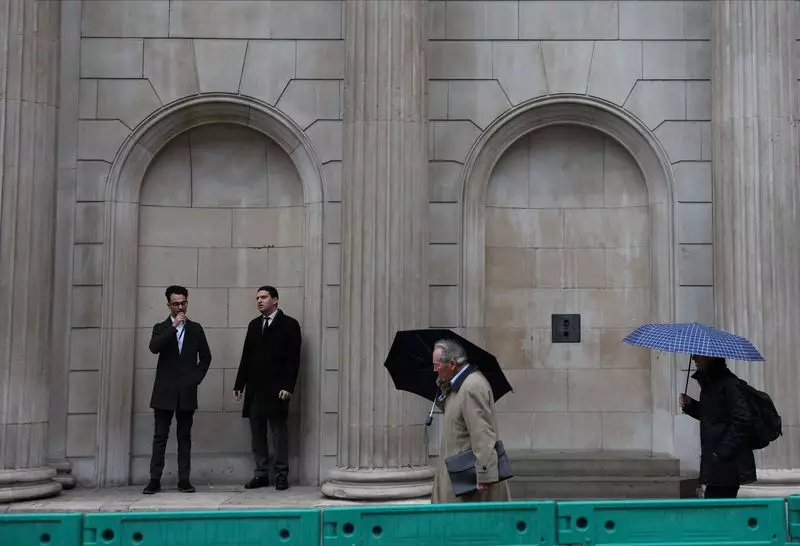The latest survey conducted by the British Chambers of Commerce indicates a decline in the number of UK firms planning to raise their prices in the coming months. This decrease from 46% to 39% provides reassurance to the Bank of England, especially as they contemplate the possibility of cutting interest rates. The drop in price hike expectations reflects a positive trend in the economic outlook, which could potentially lead to improved consumer confidence.
David Bharier, head of research at the BCC, noted that concerns about inflation among businesses have decreased to levels not seen since 2021. This shift in perception could influence the decision-making process at the Bank of England, as a potential rate cut is being considered to reduce borrowing costs. With inflation hovering around the central bank’s 2% target and easing inflation pressure, the timing for a rate cut seems favorable.
While sales and cashflow have improved overall, the survey also highlighted disparities in investment patterns across different sectors. A concerning aspect is that 75% of respondent firms are not increasing investment, indicating a level of caution or uncertainty prevailing in the business landscape. Notably, the transport and logistics sector reported higher investment levels compared to retail companies, suggesting varying degrees of confidence among businesses.
Prime Minister Keir Starmer’s emphasis on political stability as a catalyst for increased investment sentiment is noteworthy. After a period of turbulence under the previous administration, the hope is that companies will feel more encouraged to invest in growth opportunities. The survey results indicate a cautious optimism, with a majority of firms expecting an increase in turnover in the next 12 months, signaling a degree of confidence in the economic recovery.
The survey findings provide valuable insights into the current economic landscape in the UK. While there are positive indicators such as declining inflation concerns and improved sales performance, the reluctance to increase investment poses a challenge for sustained growth. As policymakers and businesses navigate the evolving financial environment, a balance between fiscal measures and private sector initiatives will be crucial in driving long-term economic stability and prosperity.

